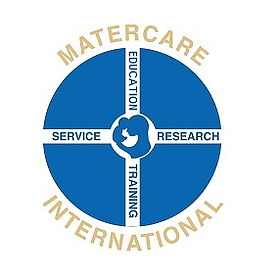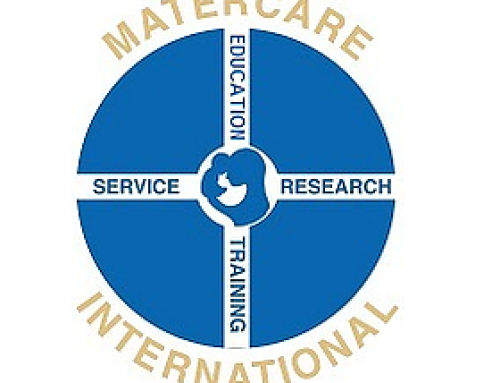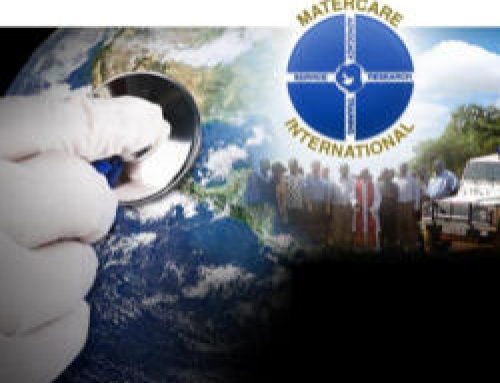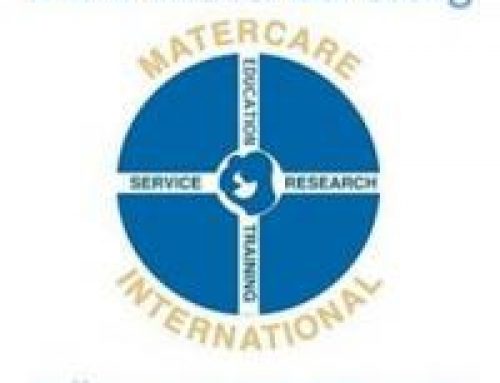A Project For Essential Maternity Care Services in Nyabwina, Mbarara Region, Uganda

MCI was requested by the Sisters of St. Joseph of Tarbes to improve maternal health in Nyabwina Parish, Uganda. MCI had worked with the sisters during the successful maternal health project in Kenya. A Needs Assessment team was sent in February 2020 to gather information and identify what could be done to improve maternal health care in this region.
Nyabwina is a beautiful region with lush green jungle surrounded with scenic mountains running along the entire region. The roads are very poor especially during the rainy season. Flash flooding and runoff from the mountains can wipeout villages very quickly. The main source of income is the banana crop which is sold to the local markets.
Many of the villages are isolated and not included in any national statistics:
- 30% of births are performed at St. Claret Health Centre.
- 70% of births still occur at home by traditional birth attendants (TBAs) or Community Health Care Workers.
- The maternal death rate is 1 in 10.
- Main causes of maternal mortality are infection, post-natal care (haemorrhage) and malnutrition.
- Despite best efforts, the health centre still has 1 maternal death every 3 months due to lack of trained professional, equipment, and/or medicines
These are the known statistics. Many mothers’ deaths are unknown and never reported.
The Project: Project Mbarara
Following the 2020 MaterCare assessment and working with the Sisters through ZOOM during the COVID lockdown, MaterCare developed a project that would improve maternal and infant health in this very poor region. It will provide a properly staffed and equipped maternity centre with a maternity ward in Nyabwina. It will construct small modest outreach/ maternity centres in each distant remote village including Ruballe and Katunga, where there are no antenatal services.
Rather than constructing a new health centre, MaterCare will renovate an unused school next to the Sisters’ residence and construct an addition to house the maternity ward. The maternity unit will be properly staffed with trained nurse/midwives with functioning life saving equipment.
Communication within the region is quite good with most families possessing or having access to mobile phones. Emergency transport between the maternity centre and surrounding villages is rather poor especially during and after the rainy season. Specially designed maternity motorcycle ambulances in each village will improve transport for high risk mothers and reduce the time required to access life-saving care.
The project will also improve the referral system. MaterCare will provide training to the TBAs and community health workers to identify high risk mothers as they near their due date. It will also enhance family preparedness as the due date nears, which should be a ‘happy and exciting’ time.
Find out more at: https://www.matercare.org/uganda







